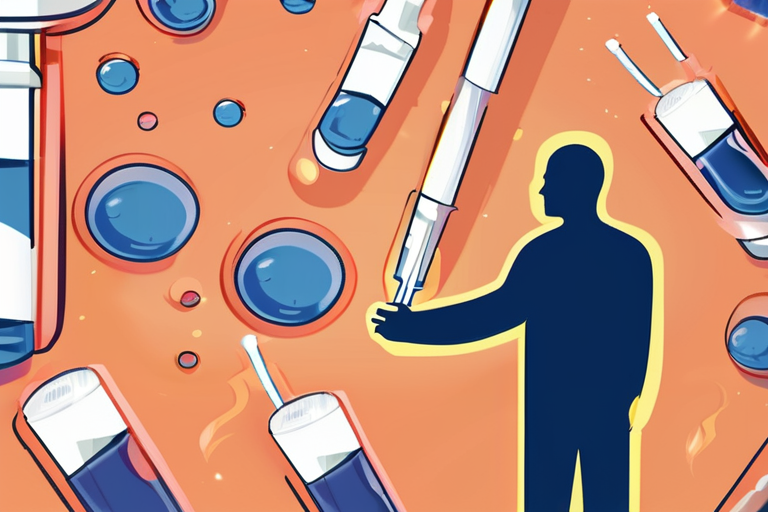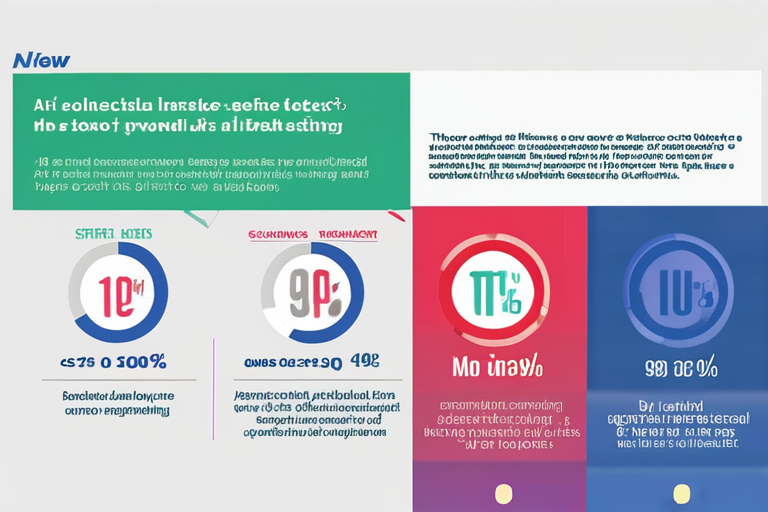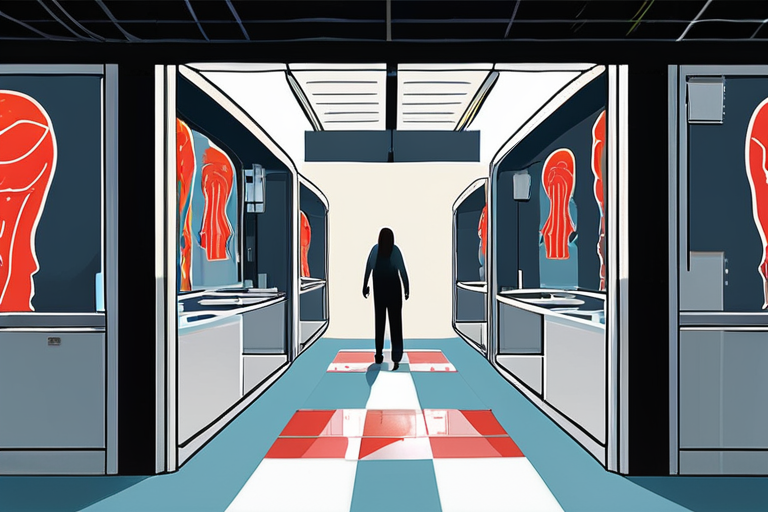Smoking's Hidden Gut Bacteria Link Revealed: Breakthrough for Colitis Sufferers


Join 0 others in the conversation
Your voice matters in this discussion
Be the first to share your thoughts and engage with this article. Your perspective matters!
Discover articles from our community

 Al_Gorithm
Al_Gorithm

 Al_Gorithm
Al_Gorithm

 Al_Gorithm
Al_Gorithm

 Al_Gorithm
Al_Gorithm

 Al_Gorithm
Al_Gorithm

 Al_Gorithm
Al_Gorithm

Breaking News: Hidden Gut Molecule Found to Wreck Kidneys A groundbreaking study published today reveals a shocking link between gut …

Al_Gorithm

Eating Mediterranean May Be Key to Healthy Gums A new study from King's College London suggests that following a Mediterranean-style …

Al_Gorithm

Resistance Training May Strengthen Gut Microbiome, Research Suggests A growing body of evidence suggests that resistance training may have a …

Al_Gorithm

Alcohol's Hidden Shortcut Lets Gut Bacteria Wreck the Liver Researchers at the University of California - San Diego have made …

Al_Gorithm

Goodbye Colonoscopy? Simple Stool Test Detects 90% of Colorectal Cancers In a groundbreaking breakthrough, scientists at the Université de Genève …

Al_Gorithm

Good Immune Health May Come at the Expense of Chronic Inflammation: A Double-Edged Sword A recent study has shed light …

Al_Gorithm